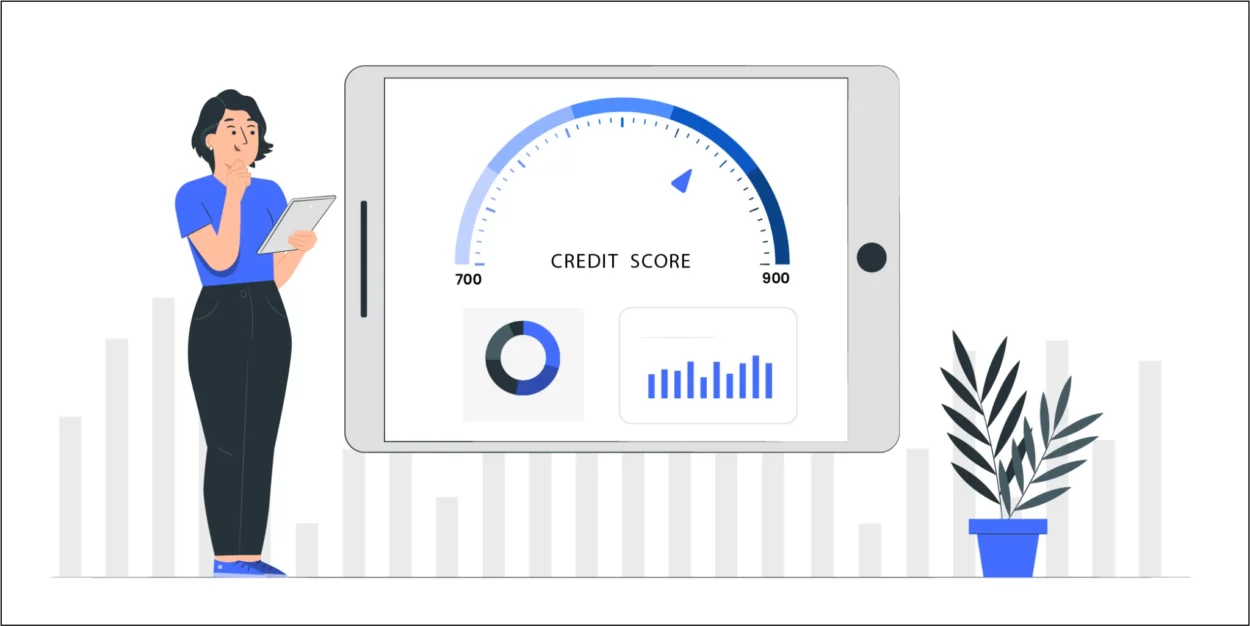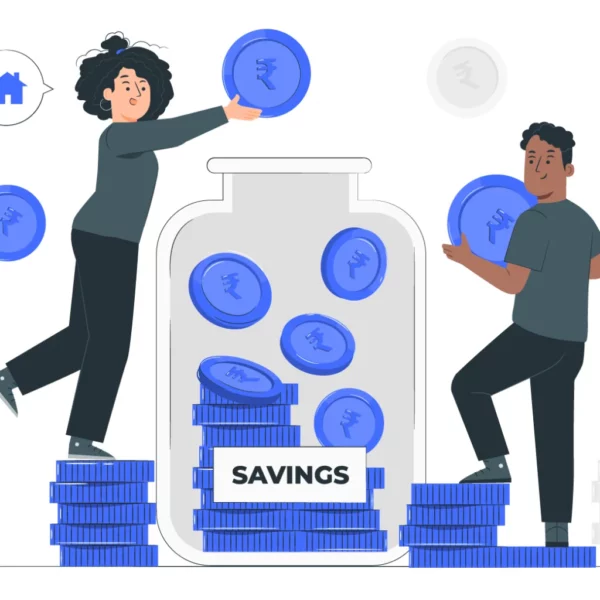These are deemed important when you want to get loans from banks. So, what are they and how do they work?
Before the pandemic, a study by TransUnion CIBIL, as mentioned by The Indian Express, found that millennials are one of the most credit-conscious consumer segments in the country. The study, which was released in 2018, said that millennials self-monitor their credit scores regularly and have an average CIBIL Score of 740. With the pandemic changing our financial lives, we can assume that we have grown even more credit-conscious these days.
However, if you are someone who has never applied for a credit card or a loan until now or if you are someone who has applied for the above but never knew how your credit score was calculated, then we have got you!
Defining Credit Scores
A credit score is a number that is determined by banks and other financial institutions. It is meant to show a person’s creditworthiness. In other words, it shows a person’s ability to repay a debt, loan or mortgage. A credit score is usually expressed as a three-digit number between 300-900. (900 is the highest score possible). Generally, a credit score of 750 and above is considered to be a good score.
How Do They Work?
There are four credit bureaus in India and they are TransUnion CIBIL, Experian, CRIF Highmark, and Equifax. Each credit bureau uses its own algorithm to calculate credit scores. It is computed based on several factors like the customer’s payment history, credit utilization, credit age, and credit type. Following are the parameters in detail that are considered by the credit bureaus for computing the credit score.
Repayment History
This parameter contains a 35% weightage of your credit score and it includes payment dates, instances of payment delays or defaults and debt settlement if exercised.
Credit Utilization Ratio
It refers to the total amount of credit you have used in proportion to the cumulative total credit limit available to you. Credit utilization ratio is calculated by dividing your overall outstanding balance by your total credit limit. In order to maintain a high credit score, you should ideally use only 30-40% of the credit limit, say experts.
Account Owed By Borrowers
As a borrower, you could owe to lenders in the form of different credits and the bureaus will add all the loan amounts to find your credit score. However, with credit cards, the concept of ‘Amount Owed’ will differ, as you are not deemed to be on credit if you pay all your dues on time.
But if you delay or pay the due partially, you will get into the debt cycle with interest and late payment charges will be levied on your outstanding balance. If the amount owed by you is too high and you are committing long payment delays or defaults, it can have a negative impact on your credit score.
Length Of Credit
Loan records remain in your credit history for at least 7 years from their last repayment date. Meanwhile, the credit history of credit cards will remain as long as your life. If old credit card accounts are well maintained with a solid payment record, they can add much to your credit score. So, if you want to maintain a good credit score, make sure you close your new credit accounts and keep your old ones.
Credit Mix
It is crucial to have a good mix of secured and unsecured credit. A credit card is an example of unsecured credit while a car or home loan can be an example of a secured credit. A mixed credit helps to increase your score. It is best to avoid borrowing only one type of credit in large quantities as it could affect your score.
Recent Loans Availed Or Applied For
The bureaus check the repayment track of the loans that got disbursed to you recently. You could have applied for loans, which would have been rejected and these rejections will also affect your credit score negatively. In order to avoid this, make sure you only apply to a few banks, so that even if you get rejected, it wouldn’t affect your credit score.
Checking Your Credit Score
You can check your credit score for free on the websites of the credit rating companies.
- The first step is to log in to the website using your credentials. If you don’t have an account, you can create one using your information like name, contact number and email ID.
- You can fill out the form with your details, including your PAN. After you complete this process, you can submit the form.
- Then, you would receive an email to your registered email ID to verify your identity.
- After your identity has been verified, you could be asked for additional information such as details about your loans and credit cards.
- Once this is completed, your credit report will be sent to your registered email ID.
How To Maintain A Good Credit Score?
If you want to boost your credit score or if you want to avoid getting a low score, you should follow the below steps.
1. Pay On Time
Regular and timely repayment of credit card dues and loan EMIs is said to receive the maximum weightage while calculating your credit score. Therefore, if you pay your loans and credit card dues on time, it will ensure that you get a good score.
2. Within The Credit Limit
Try not to use too much of your credit limit and keep your credit utilization ratio within 30%.
3. Say No To Multiple Loan Or Credit Card Applications
Avoid applying for multiple loans or credit card applications within a short period of time. Every time you apply for a loan or credit card application, the bank takes your credit report from the bureau to analyze your credit worthiness. This is called ‘hard enquiries’ and it reduces your credit score by a few points each time. Before applying for loan or credit cards, you should visit online financial marketplaces to select the desirable credit card or loan option.
4. Review Your Report
Make sure to review your credit report regularly so that you can spot any technical errors and if your score is low, you can take actions immediately to boost your score.
5. Don’t Cancel
If you have been using your credit cards for a while, do not cancel your old cards. Since older cards assure your banks that you have been paying your bills on time, try your best to not cancel or change old credit cards.
We hope this blog was helpful to you. You can check out our other blogs on various topics, including Mutual Funds, Personal Finance and much more. On top of that, you can also head to Koshex to manage your finances better.









Leave a Comment